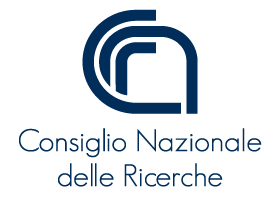Il saggio effettua una ricognizione degli strumenti di governo della città turistica di cui dispongono attualmente gli enti locali, evidenziandone limiti e pregi. Guardando alle principali problematiche poste dal turismo di massa e dall’overtourism, si esaminano, in particolare, i mezzi per il governo dei flussi turistici, degli affitti brevi e del commercio nei centri storici e nelle città d’arte. Dopo aver distinto i diversi livelli di sviluppo della strumentazione a disposizione delle città, si conclude auspicando un superamento della prospettiva attuale, eccessivamente legata alla tutela dei beni culturali, facendo leva sul concetto di “diritto alla città”.
The essay conducts a survey of the governance tools of the tourist city currently available to local authorities, highlighting their limitations and merits. Looking at the main issues posed by mass tourism and overtourism, it examines the tools for managing tourist flows, short-term rentals, and commerce in historic centers and art cities. After distinguishing the different levels of development of the available instrumentation for cities, it concludes by advocating for the overcoming of the current perspective, overly tied to the protection of cultural heritage, leveraging the concept of “right to the city.”


